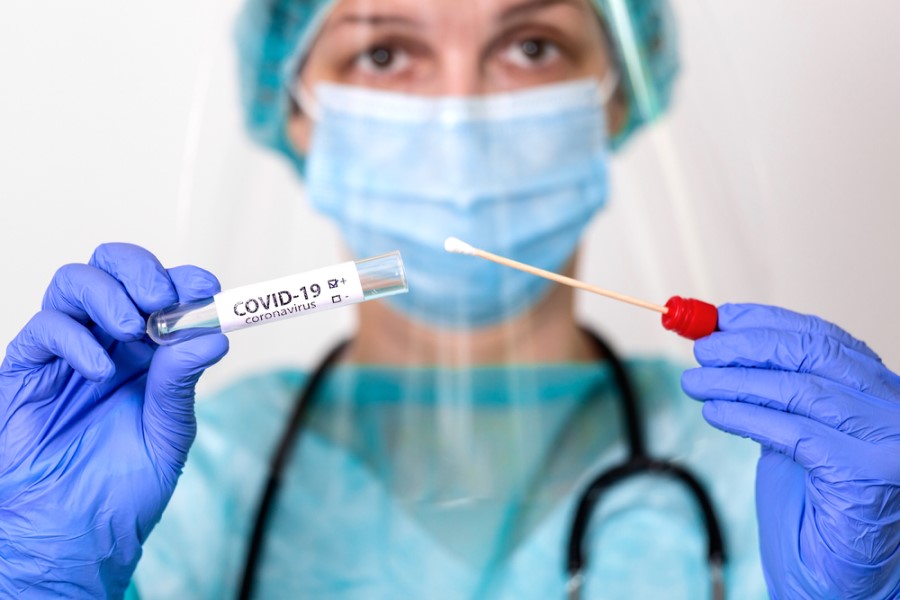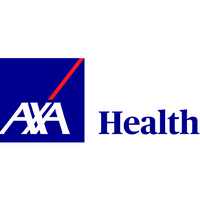COVID-19 antibody testing: Prudence dictates – first, do no harm to employee wellbeing

I am alarmed by a misguided approach I believe is at best, premature, and, at worst, potentially dangerous to employees’ wellbeing.
And, regrettably, flies in the face of Hippocrates’ prescription that doctors – first do no harm – and by extension shouldn’t knowingly be a party to causing injury or doing harm.
As the disease caused by the new coronavirus, COVID-19, is just that – new – many questions remain unanswered about the value of antibody tests that indicate someone has been infected by the virus.
But does having a positive antibody test mean you’re immune from catching the virus again? And, even if so, how long does the protection last? Research hasn’t yet given us the answer to these questions. Therefore, what is the value of an employee’s antibody status to the employer? Your employees can’t do anything differently and it doesn’t help select who can work and who can’t – based on current evidence.
We just don’t know.
And there’s the rub.
People who take the antibody test and have a positive result might wrongly believe they’re protected from getting the disease again. They might be. But the fact of the matter is that we just do not know whether antibodies means immunity. And, in turn, they might act in ways that increase the risk of them getting infected and unknowingly spreading the disease to others.
People may even try to get infected with COVID-19 deliberately in the misguided hope that becoming antibody positive provides an ‘immunity passport’ that’ll increase their chances of employment.
For their part, employers can add to the confusion by offering employees a test to which the value to healthy individuals is not yet proven based on current evidence.
Wiser counsel than mine agrees. The UK Department of Health and Social Care, the World Health Organization and senior UK clinical academics and physicians have warned about the lack of evidence on antibody tests. They say:
“There is no strong evidence yet to suggest that those who have been proven to have had the virus and to have produced antibodies are immune. If you receive a positive antibody result it does not mean that you’re immune, or that you cannot pass on the virus to others. It also does not mean that you can ignore social distancing measures.” Department for Health and Social Care (22 May 2020): Coronavirus (COVID-19): antibody tests.
“At this point in the pandemic, there is not enough evidence about the effectiveness of antibody-mediated immunity to guarantee the accuracy of an ‘immunity passport’ or ‘risk-free certificate’. People who assume that they are immune to a second infection because they have received a positive test result may ignore public health advice. The use of such certificates may therefore increase the risks of continued transmission.” World Health Organization (24 April 2020). Immunity passports in the context of COVID-19.
“The concept of ‘immune passports’, allowing healthcare workers or others to work, has not been established. Those with a positive antibody test should still consider themselves at risk and follow infection control policies designed to prevent nosocomial [hospital-acquired] spread and risk of infection. There is, therefore, no benefit to healthcare organisations or to others in knowing the status of employees at present.” British Medical Journal, letter from 14 UK physicians, led by Clinical Infection Consultant Dr Monique Andersson (24 June 2020). Rapid roll out of SARS-CoV-2 antibody testing – a concern.
In such uncertain times, who wouldn’t want to know if they’re protected? Or maybe even for curiosity value if they have previously been exposed to the virus. Many people may have had it without symptoms, so where is the harm in knowing this? But that is the crux of the issue. Plus most of the published research on antibody tests to date has been in very ill people in hospital – we do not yet know if it translates to healthy or mildly unwell people in the wider community.
I appreciate that, in time, my counsel of caution to avoid coronavirus antibody tests may be shown to be wrong. And if it transpires having a positive antibody test truly is the passport to immunity we’ve all been looking for, I’ll be first to applaud. But until then, I won’t recommend anyone betting their – or their employees’ – health on it. And, it is a waste of limited resources, money, people and effort which would be better spent elsewhere.
I urge employers – and their advisers – not to be seduced by the siren song of a quick testing fix. With the best will in the world, you may unwittingly do more harm than good. A prudent view with which, thankfully, the government’s Medicines & Healthcare products Regulatory Agency now seems to agree:
“The science regarding immunity from COVID-19 is still emerging and the implications of a positive antibody result are as yet unknown. A positive result may not mean a person is immune or if they have antibodies now, or how long this will last. We strongly advise members of the public or organisations who have purchased these tests and received antibody results to continue to follow the government’s advice whatever the result of the test.
“What we’re doing: We are contacting providers of the antibody testing services and the laboratories running these tests. We are asking them to temporarily stop offering these tests for sale until the regulatory and safety concerns have been resolved. This involves further validation of the sample collection kits and the sample type, and ensuring that result and supporting information is helpful and accurate.” Medicines & Healthcare products Regulatory Agency (10 July 2020). For patients, the public and professional users: a guide to COVID-19 tests and testing kits.
It can’t be right that diagnostic tests of unproven value should be so freely available to the public. What’s needed is better regulation of the medical tests market. Medical tests should be held to evidence-based standards comparable to those required of drug-makers to reduce avoidable harm. And we should start with tests for infectious diseases as these have the potential for the most harm – not only to test-takers but to others as well. We are at that point right now with COVID-19 antibody tests being sold to people without sufficient safeguards.
Whatever you decide to do, keep playing it safe – and follow the government’s ‘Working safely during coronavirus (COVID-19)’ guidance on hygiene and social distancing to make sure you’ve done what’s right to protect your workforce from harm.
For more information, see COVID-19: considerations for employee testing.
The author is Dr Annabel Bentley, Chief Medical Officer of AXA PPP healthcare.
This article was provided by AXA PPP healthcare.
Supplied by REBA Associate Member, AXA Health
At AXA Health, we've been a trusted provider of quality healthcare for over 75 years.







